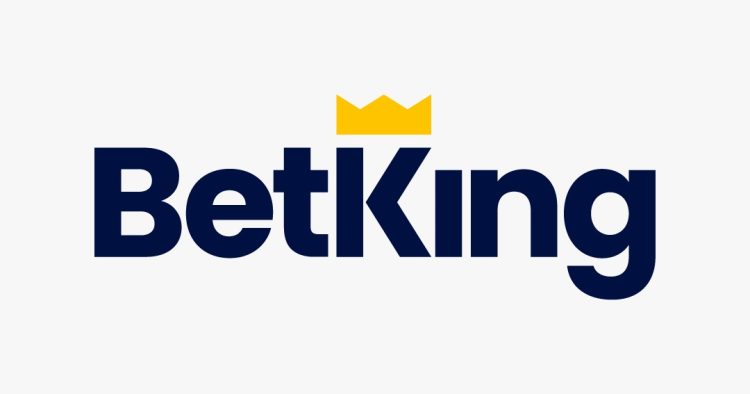The Nigerian sports betting landscape has witnessed an unprecedented surge in recent years, evolving into a robust industry. This transformation can be attributed to several factors, including increased internet accessibility, advancements in mobile technology, and a widespread passion for sports across the nation. BetKing, as a leading player in this industry, has contributed significantly to this growth by providing a platform for sports enthusiasts to engage in betting activities. However, as the sector experiences rapid growth, it also encounters significant social and ethical challenges that necessitate careful navigation to ensure a sustainable and responsible gambling environment.
Balancing Growth and Responsibility:
At the core of this dynamic industry lies the delicate balance between fostering growth and upholding social responsibility. While the proliferation of sports betting platforms offers exciting opportunities for economic development and entertainment, it also brings forth concerns related to problem gambling. Recognizing this, industry stakeholders have taken proactive measures to address these issues.
Measures to Promote Responsible Gambling:
One of the primary challenges facing the industry is the risk of problem gambling among susceptible individuals. To mitigate this risk, various initiatives have been implemented. BetKing, as a leading player in the industry, has been championing responsible gaming by actively participating in these initiatives. These include the establishment of self-exclusion programs, rigorous age verification checks to prevent underage gambling, and comprehensive responsible gaming campaigns aimed at educating the public about the potential risks associated with excessive betting. BetKing’s efforts not only empower individuals to make informed choices but also demonstrate a commitment to safeguarding the well-being of customers.
Ensuring Transparency, Fairness, and Secure Payments:
Maintaining the integrity of sports betting operations is paramount to earning and preserving public trust. Instances of match-fixing and illegal betting activities pose significant threats to the industry’s credibility. Consequently, robust measures have been adopted to combat such malpractices. Collaborative efforts between regulatory bodies, sports organizations, and betting operators have led to the implementation of stringent monitoring and reporting mechanisms. These measures serve to uphold transparency, fairness, and the integrity of sporting events, thereby enhancing the overall credibility of the industry.
Additionally, BetKing has prioritized secure payment systems to ensure customer confidence and convenience. Through strategic partnerships with leading payment platforms such as PalmPay and Paga, BetKing offers users seamless and secure payment options. This collaboration not only facilitates smooth transactions but also reinforces BetKing’s commitment to providing a trustworthy and user-friendly betting experience.
Prioritizing Customer Protection:
In addition to promoting responsible gambling and ensuring fair play, industry leaders have prioritized customer protection. BetKing has been at the forefront of championing these efforts by implementing secure payment systems to safeguard financial transactions. Additionally, BetKing adheres to stringent data privacy regulations to protect customer information, ensuring that players are treated fairly and ethically at all times. By prioritizing customer welfare, BetKing aims to build trust and credibility among its user base, setting a standard for customer protection within the industry.
Collaboration for Sustainable Solutions:
Achieving a sustainable and ethical gambling ecosystem requires collaboration among various stakeholders. Operators, regulatory bodies, civil society organizations, and educational institutions must work together to develop innovative solutions and best practices. These collaborations can involve initiatives such as promoting responsible gambling through educational campaigns, providing support services for individuals facing gambling-related challenges, and fostering a culture of transparency and accountability across the industry.
Conclusion:
In conclusion, the growth of sports betting in Nigeria presents both opportunities and challenges. By embracing responsible practices, promoting transparency, and prioritizing customer welfare, the industry can navigate its growth trajectory while mitigating social risks. Collaboration among stakeholders will be crucial in developing sustainable solutions that uphold ethical standards and ensure a positive and enjoyable gambling experience for all participants.






